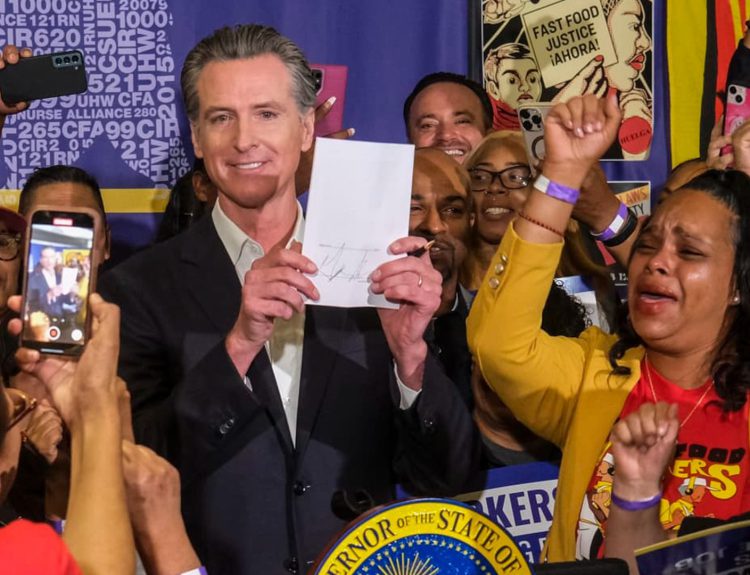Recent revelations have been brought to light concerning dealings between attorneys Ashleigh Merchant and Terrence Bradley, seeking to remove Fulton County District Attorney Fani Willis from office. Text messages and emails demonstrate that Merchant, who was initially supportive of the recall effort, later appeared to work against it despite his continued public advocacy.
The communications reveal an about-face that raises questions about Merchant’s and Bradley’s motivations and his behind-the-scenes role in the controversial push to unseat Willis.
Accusations of Misconduct and Conflicts of Interest
Attorney Ashleigh Merchant, representing former President Donald Trump’s co-defendant, Michael Roman, filed a motion in January 2022 seeking to remove Willis and special prosecutor Nathan Wade from the case. Merchant alleged that Willis and Wade were romantically involved before Wade’s hiring in November 2021.
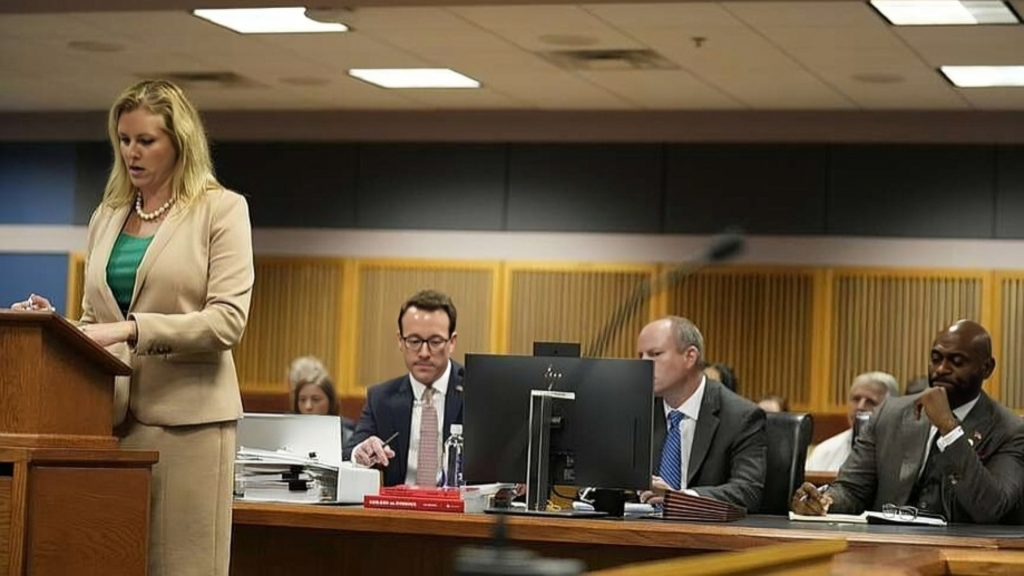
She further claimed that Willis paid Wade substantial sums of money and benefited from his earnings when he took her on vacations. Text messages between Merchant and Wade’s former law partner, Terrence Bradley, seemed to corroborate the accusations.
Key Players Involved in the Attempt to Remove the District Attorney
Terrence Bradley, a lawyer and former law partner of special prosecutor Nathan Wade, was a key player in providing information to support the effort to remove District Attorney Fani Willis from the election interference case.
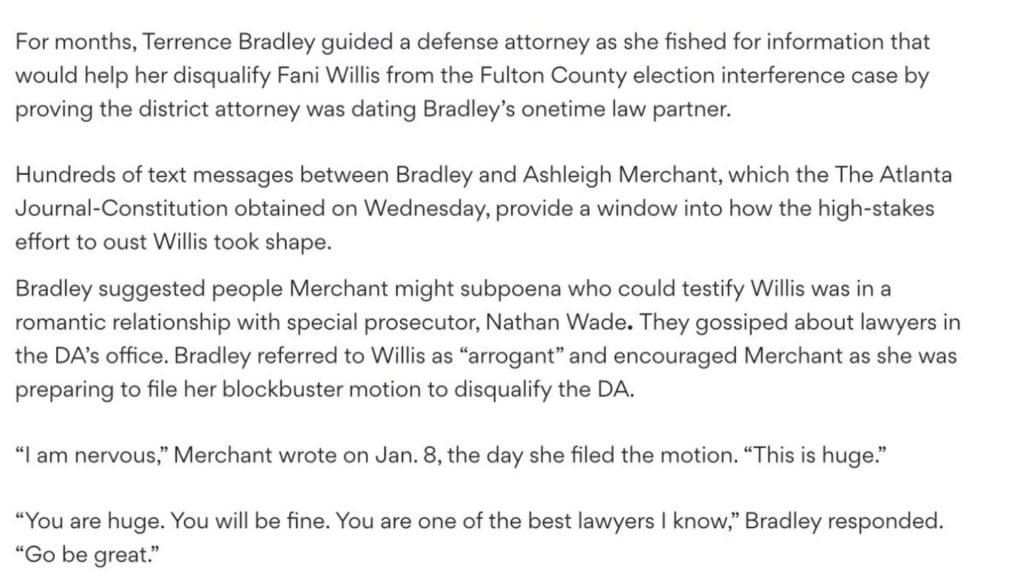
Ashleigh Merchant represented Michael Roman, a co-defendant of Donald Trump, in the election interference case. Merchant texted Bradley for months, gathering information from him to support filing a motion seeking to remove Willis and Wade from the case.
Fani Willis and Nathan Wade
Fulton County District Attorney Fani Willis and special prosecutor Nathan Wade acknowledged having a romantic relationship that began after Wade was hired in November 2021 and ended in the summer of 2021.
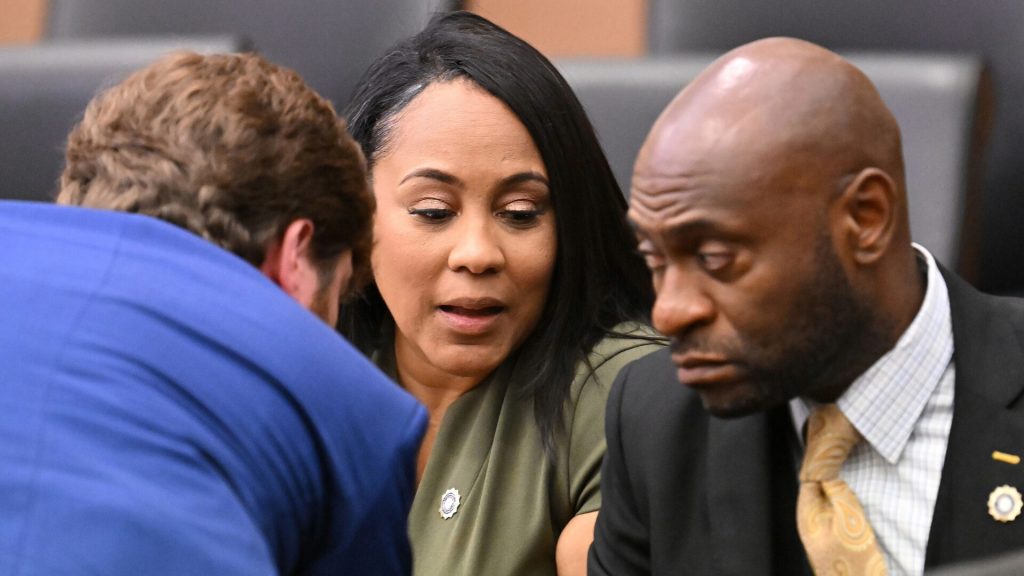
However, their relationship became the focus of Merchant’s and other defense attorneys’ efforts to have Willis and her office removed from the case. Despite Willis and Wade stating the relationship complied with office policies and ended before the case began.
Timeline of Events Leading to Calls for Removal of District Attorney Fani Willis
According to hundreds of text messages obtained as evidence, attorney Ashleigh Merchant, representing Michael Roman, first contacted Terrence Bradley regarding District Attorney Fani Willis and special prosecutor Nathan Wade’s relationship.
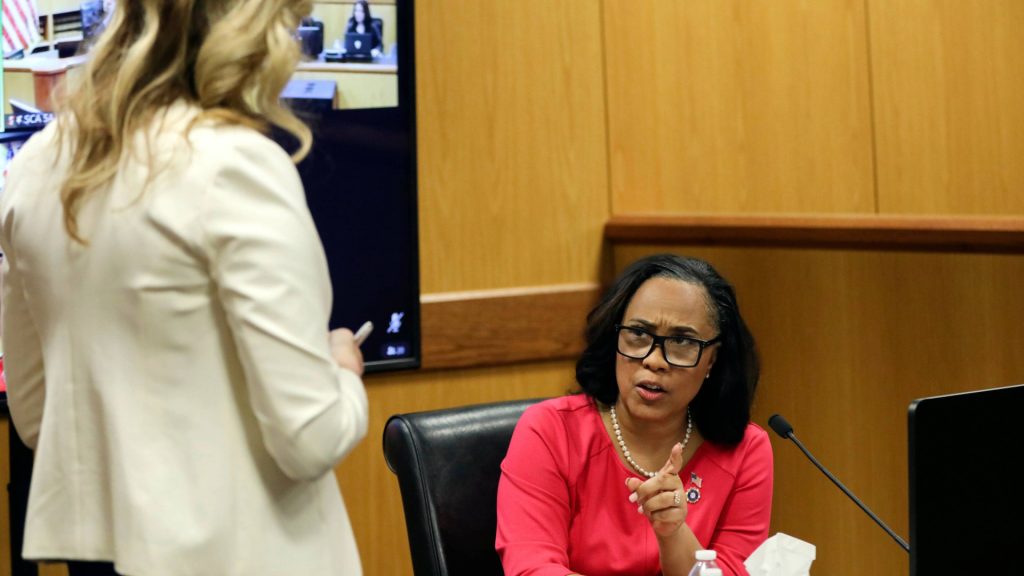
The messages show Bradley providing information to Merchant to support her motion to remove Willis from the election interference case.
Merchant Files Motion to Remove Willis and Wade
Merchant filed the motion seeking to remove Willis and Wade from the election case and dismiss the indictment against Trump and others. She alleged Willis and Wade were romantically involved before his hiring, and Willis improperly benefitted from Wade’s earnings.
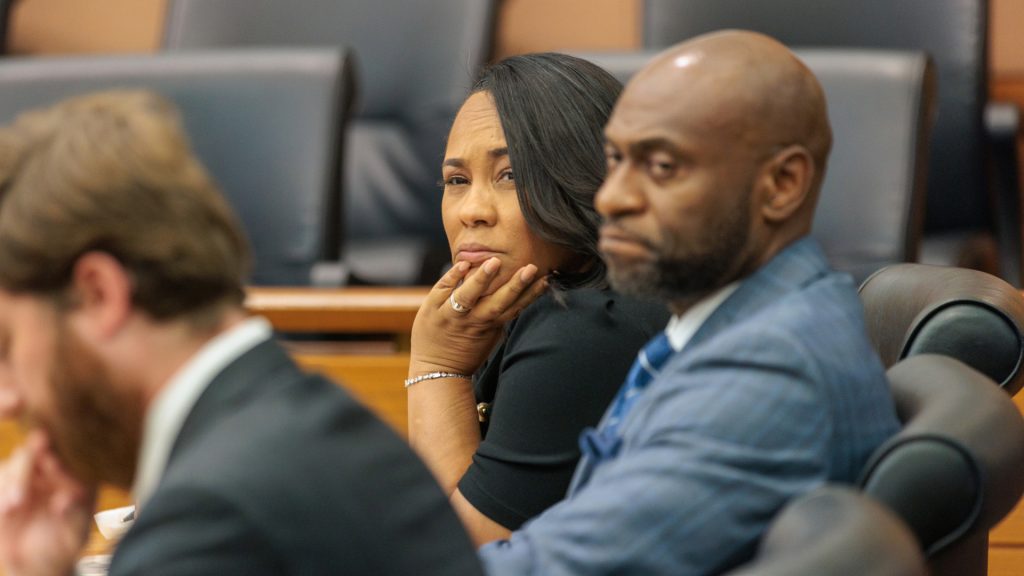
When called to testify, Bradley initially refused, citing attorney-client privilege. However, the judge compelled his testimony, determining some communications with Wade were not privileged.
Texts Reveal Lawyer’s Evolving Role in Removal Efforts
As evidenced by the text message exchanges between Terrence Bradley and Ashleigh Merchant, Bradley initially provided information to aid in the attempt to remove District Attorney Fani Willis from the election interference case.

Bradley confirmed details and suggested records for Merchant to request in support of her motion to disqualify Willis, indicating he was “ok with” being subpoenaed to testify. Merchant assured Bradley she had “protected” him and only planned to call him as a backup.
Shifting Testimony and Diminished Role
When compelled to testify, Bradley repeatedly claimed he could not remember or did not know crucial information he had previously provided to Merchant. His memory issues and shifting testimony frustrated Merchant and the defense attorneys, who had relied on his early cooperation.
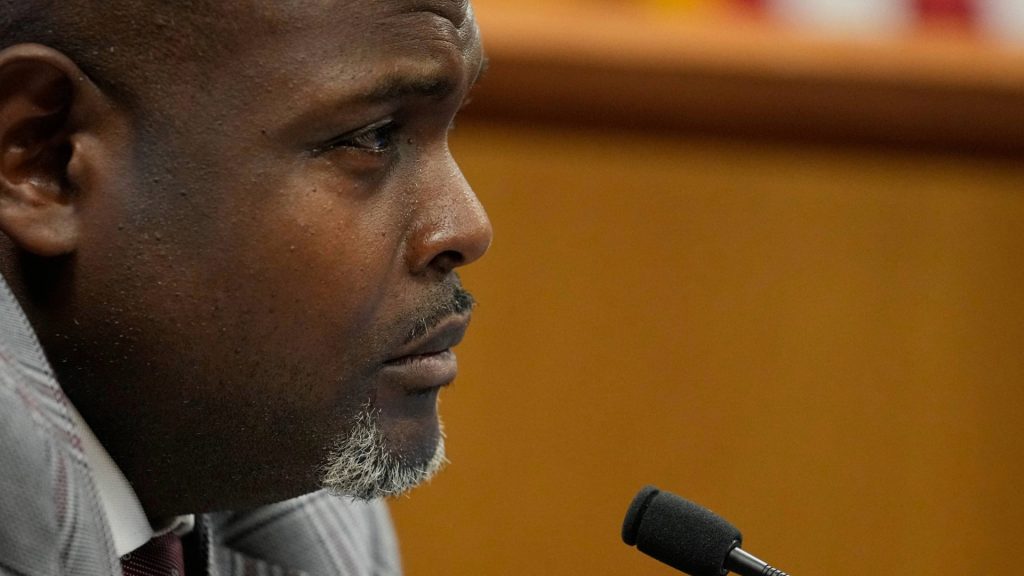
While Bradley was initially willing to aid the effort to remove Willis by providing information to Merchant, his role evolved to hamper the removal efforts through his refusal to provide testimony under oath.
What Do the Texts Say About the Lawyer’s Actions?
According to the texts, Bradley confirmed details for Merchant and suggested records she should request or people she should subpoena to prove her case.
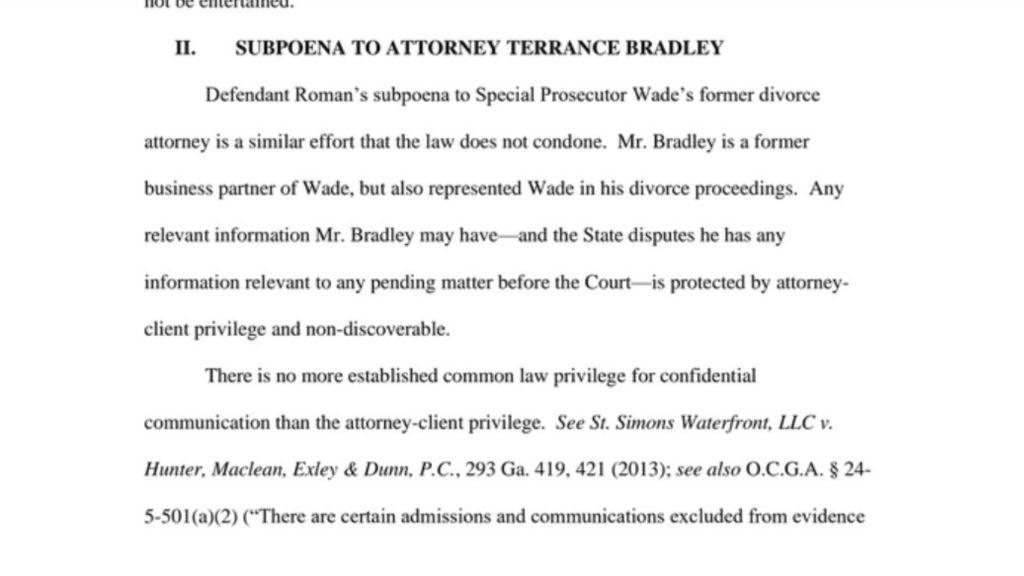
Though Bradley seemed concerned at times about information tracing back to him, he expressed willingness to testify to support the motion. The texts indicate Bradley believed Willis and Wade’s relationship began before Wade’s hiring.
Ethical Issues Raised by the Lawyer’s Shifting Stance
The actions of Terrence Bradley, former law partner of special prosecutor Nathan Wade, raised several ethical issues. Initially, Bradley appeared willing to provide information to aid the effort to remove District Attorney Fani Willis from the election interference case.
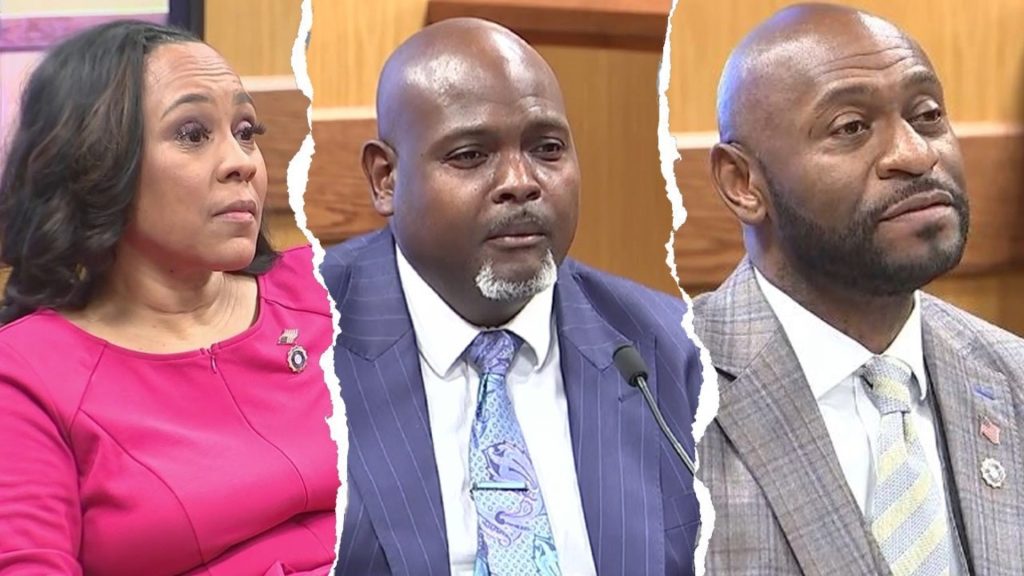
Bradley communicated for months with Ashleigh Merchant, an attorney for defendant Michael Roman, supplying details about Willis and Wade’s relationship and advising on records and witnesses to subpoena.
How the Texts Shed Light on Behind-the-Scenes Maneuvering
The text messages between Bradley and Merchant offer insight into the strategies and shifting dynamics behind the effort to remove District Attorney Willis from the election interference case.
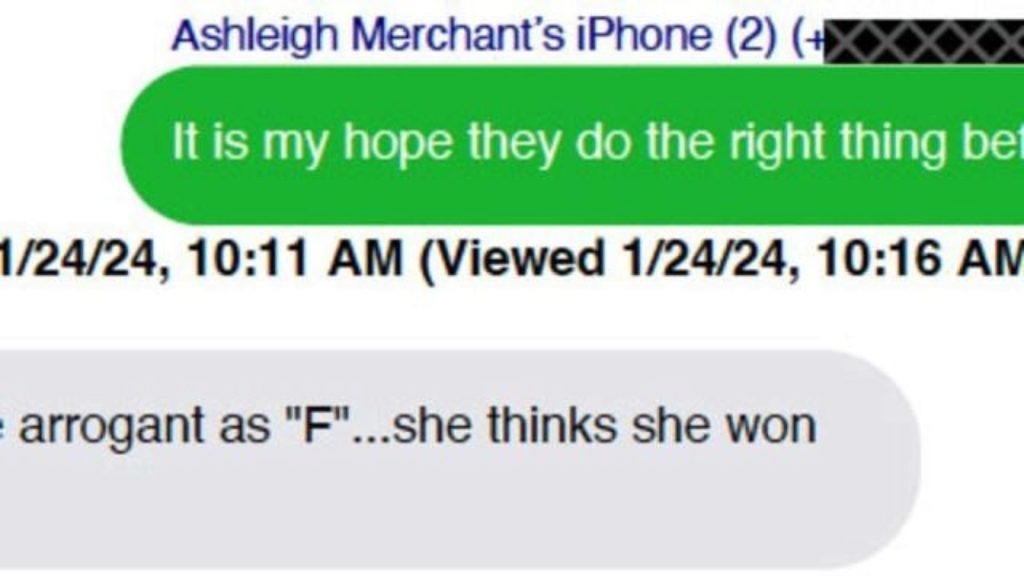
Though Bradley seemed concerned with maintaining a degree of distance so as not to be directly linked to the effort, he expressed approval of Merchant’s draft motion. He indicated Willis and Wade’s relationship had begun before Wade’s hiring.
What Legal Experts Say About the Lawyer’s Conduct
According to the American Bar Association’s Model Rules of Professional Conduct, lawyers should not use information gained during the representation of a client to the client’s disadvantage.
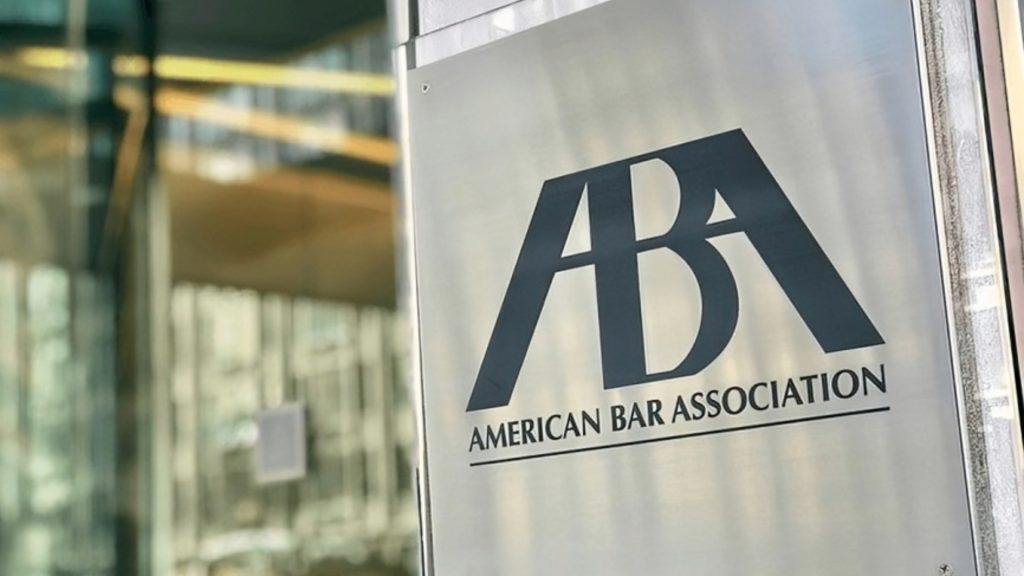
Bradley’s text messages show that he fed confidential details about Willis and Wade’s relationship to Merchant to support her motion to disqualify them, even suggesting records for her to subpoena. Though Merchant assured Bradley she had “protected” him, his actions remained improper.
A Violation of Confidentiality
His conduct risks damaging public trust in the legal profession by showing lawyers may exploit client relationships for personal gain.
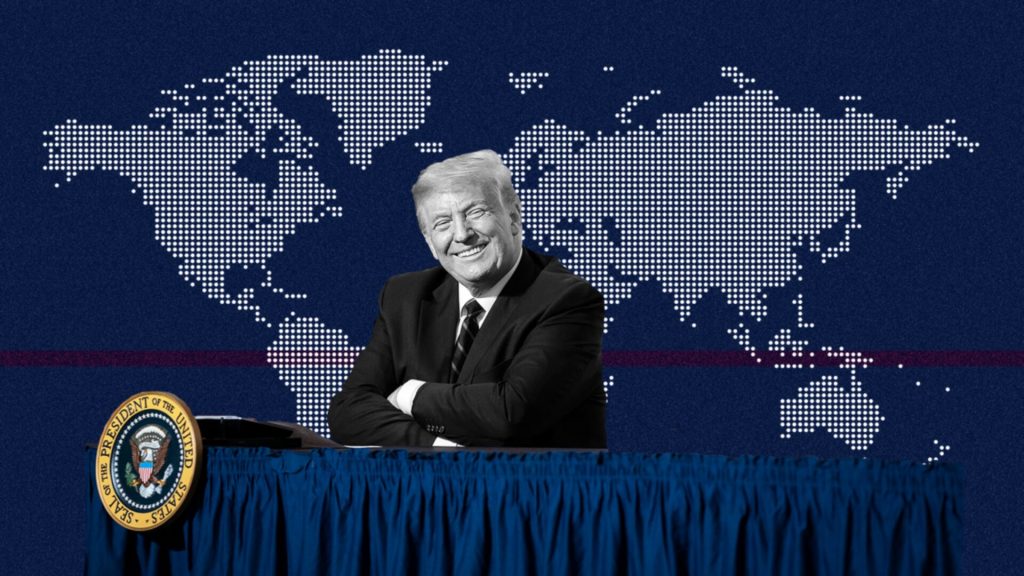
However, others argue that the rules allow lawyers flexibility in extraordinary circumstances. If Bradley believed Willis and Wade’s relationship seriously impaired her judgment in a way that threatened the administration of justice, disclosure may have been justified to prevent harm.
Impact on Public Trust in the Justice System
The actions of high-profile attorneys like Terrence Bradley can severely damage public trust in the justice system. When officers of the court fail to uphold ethical standards and professional integrity, it leads to a loss of confidence in the system as a whole.
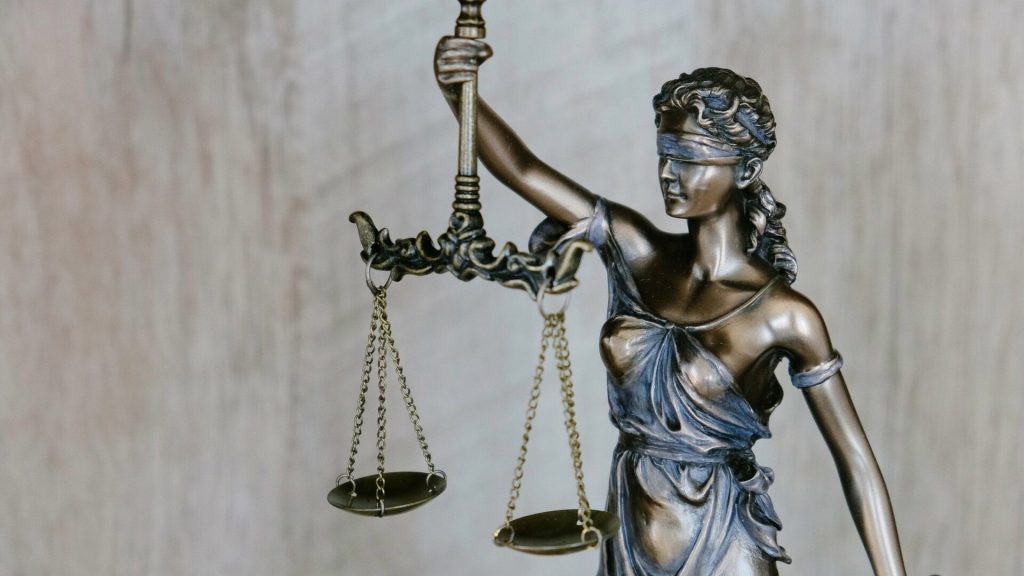
Bradley’s questionable conduct in providing privileged information to the defense team seeking to have District Attorney Fani Willis removed from the election interference case is extremely concerning.
Potential Ramifications for the Lawyer
If the allegations against Attorney Bradley are found to be substantiated, he could face disciplinary actions from the Georgia Bar Association for violating legal ethics and conflicts of interest guidelines.
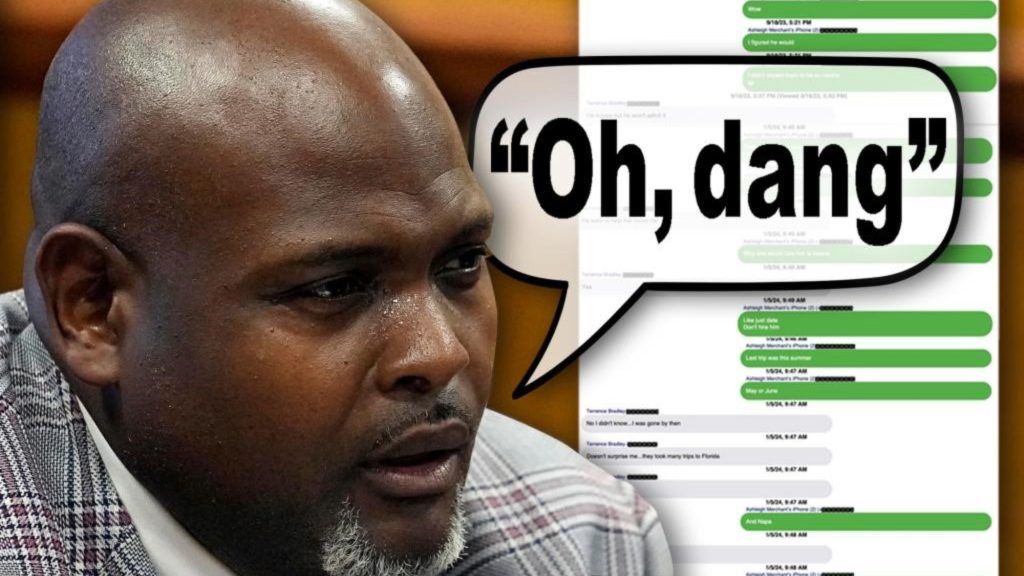
As Bradley was formerly District Attorney Willis’ law partner and represented her in a divorce case, his actions in providing confidential information to the defense attorneys in the election interference case would constitute a serious breach of client confidentiality and trust.





